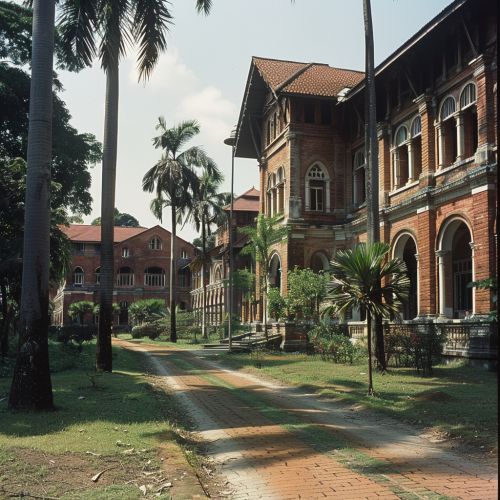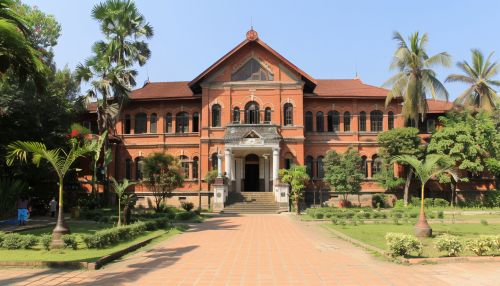Thakin
Early Life and Education
Thakin was born in a small village in Myanmar, formerly known as Burma. He was the eldest of five children in a family of farmers. From an early age, Thakin showed a keen interest in education and was often found reading books under the shade of a tree. He attended the local school and later went on to study at the Rangoon University, where he majored in Political Science.


Political Career
Thakin's political career began when he joined the Dobama Asiayone (We Burmans Association), a nationalist group that was active during the British colonial rule in Burma. He quickly rose through the ranks and became one of the leading figures in the association. Thakin was instrumental in organizing the Saya San Rebellion of 1930-1932, a major peasant uprising against British rule.
In 1935, Thakin was elected to the Burma Legislature, where he served as a vocal critic of the British administration. He was known for his fiery speeches and his uncompromising stance on Burmese independence.
World War II and Japanese Occupation
During World War II, Thakin played a significant role in the Burmese nationalist movement's decision to ally with the Japanese to fight against the British. He was a key figure in the Burma Independence Army, which was formed with Japanese assistance. However, Thakin soon became disillusioned with the Japanese occupation and played a crucial role in the Anti-Fascist People's Freedom League (AFPFL), which fought against the Japanese towards the end of the war.
Post-War Period and Independence
After World War II, Thakin emerged as one of the leading figures in the negotiations for Burma's independence from Britain. He was a key member of the AFPFL delegation that negotiated the Aung San-Attlee Agreement, which paved the way for Burma's independence in 1948.
Following independence, Thakin held several important positions in the newly formed Burmese government. He served as the Minister of Education and later as the Minister of Foreign Affairs. Thakin was known for his efforts to promote education and cultural preservation in post-independence Burma.
Legacy
Thakin's legacy is a complex one. While he is revered as a national hero and a champion of Burmese independence, his decision to ally with the Japanese during World War II has been a subject of controversy. Despite this, Thakin's contributions to the Burmese independence movement and his efforts to build a post-colonial Burma cannot be overlooked.
